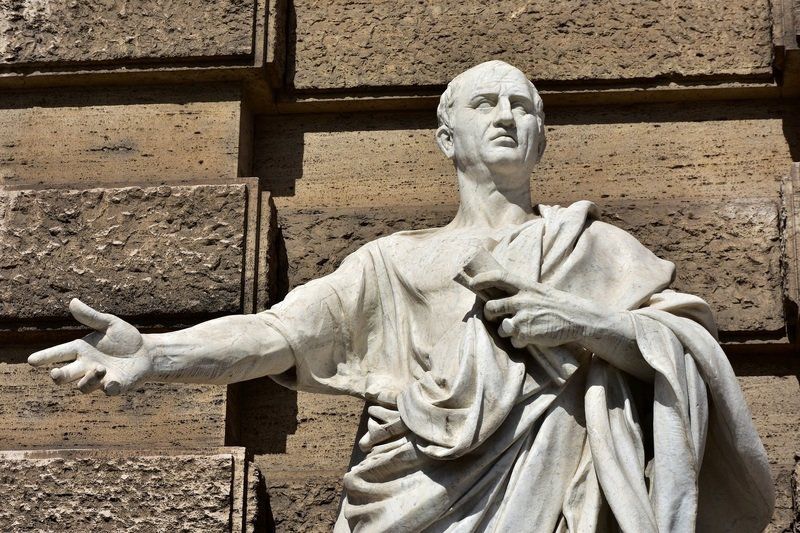Of Aristotle’s writing, some readers were struck by the accuracy, some by the tone, others by the diligence, incision and insight of Aristotle’s words. Marcus Tulius Cicero, the most prominent man of letters of the late Roman Republic, even referred to Aristotle’s literary style as an ‘aureum flumen’, a ‘river of gold’. However, Cicero was




